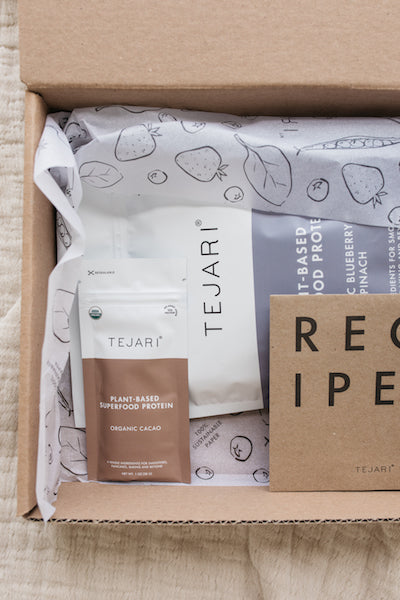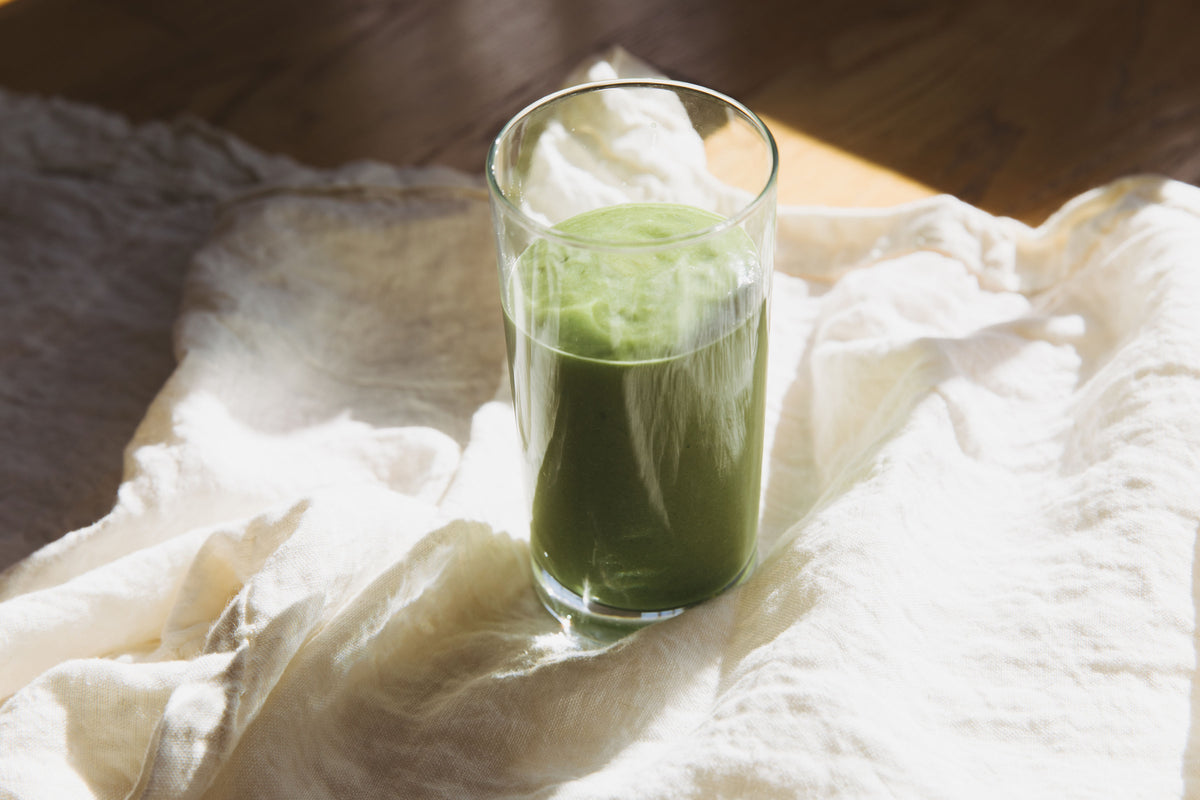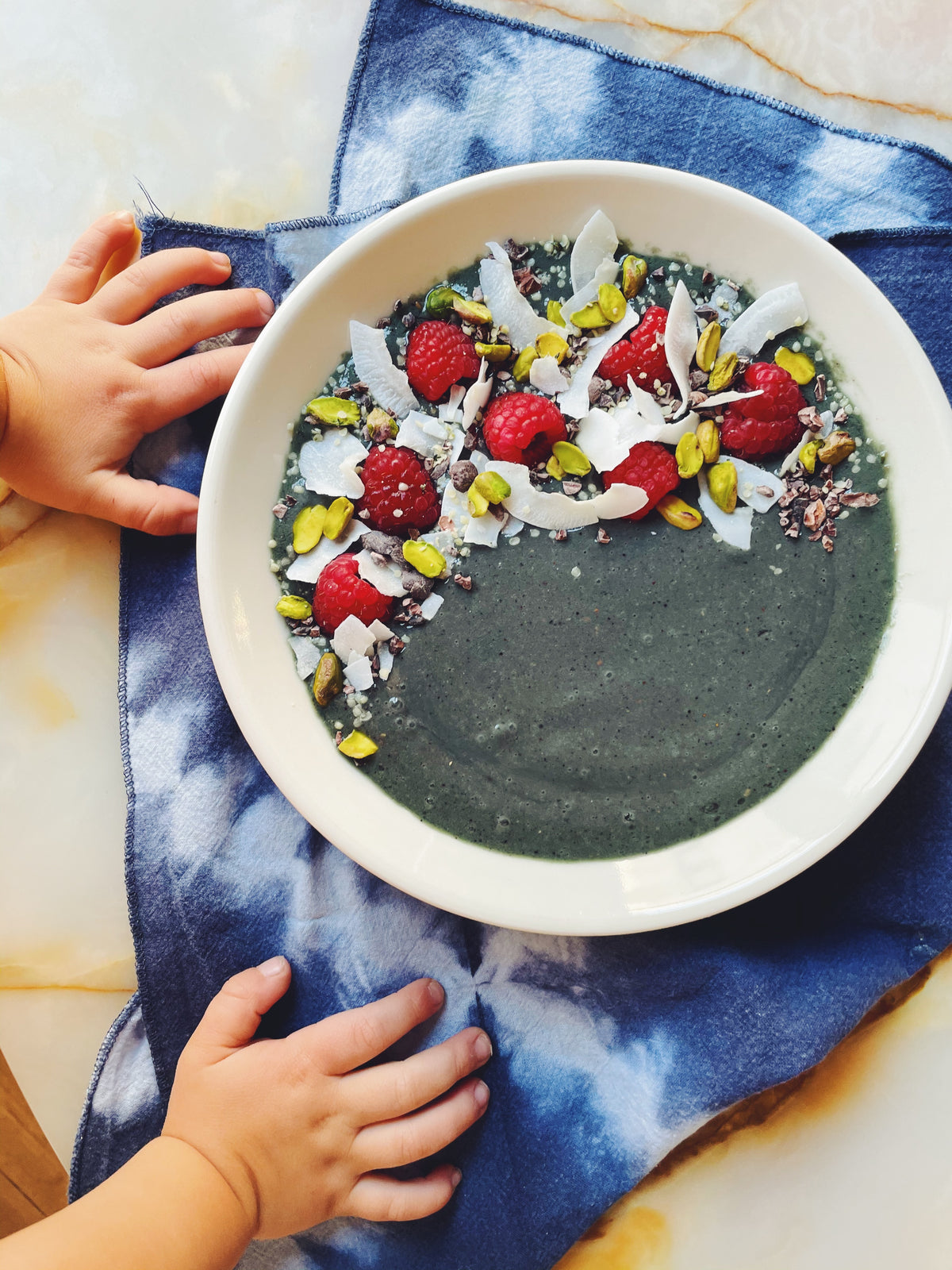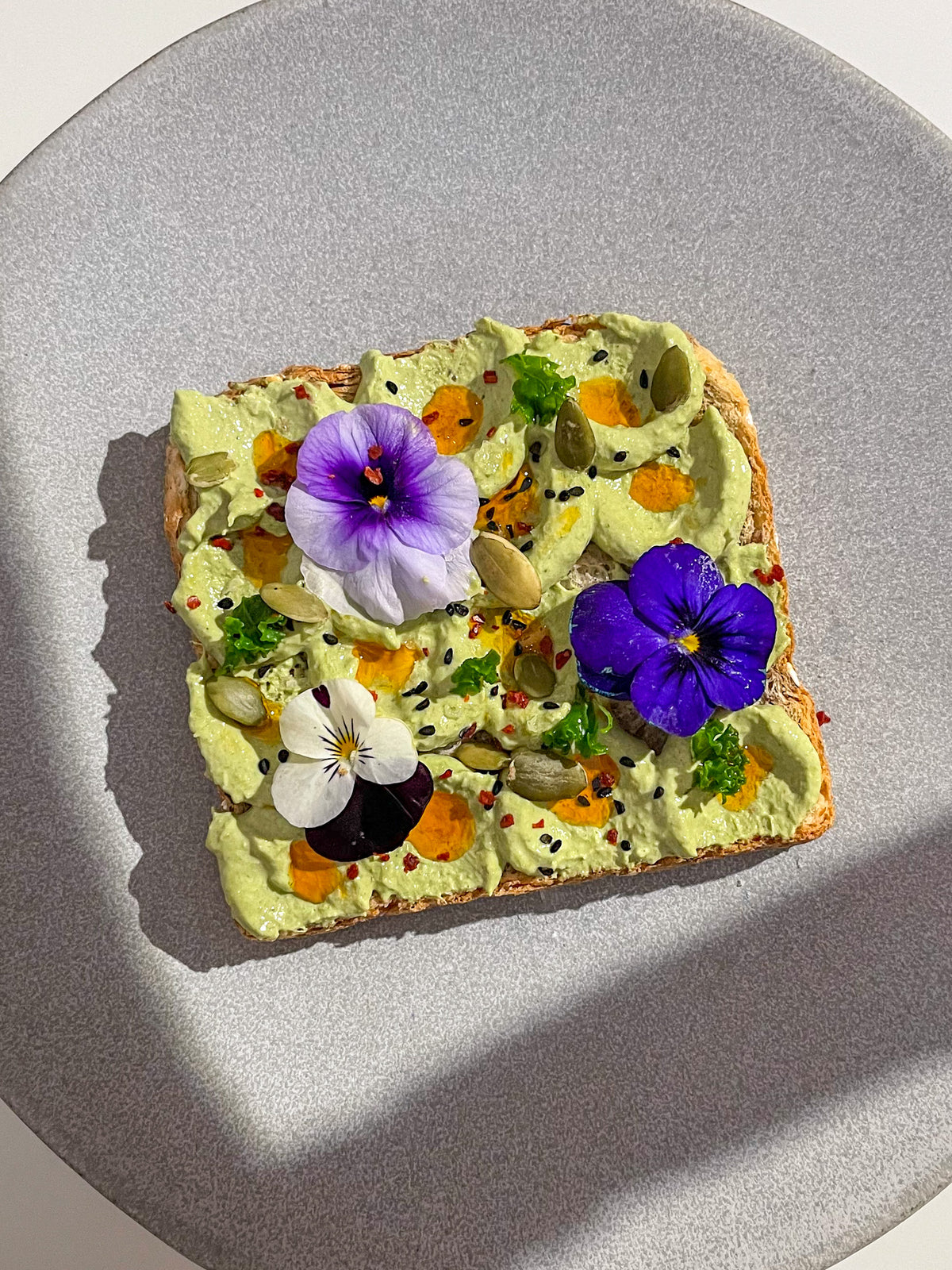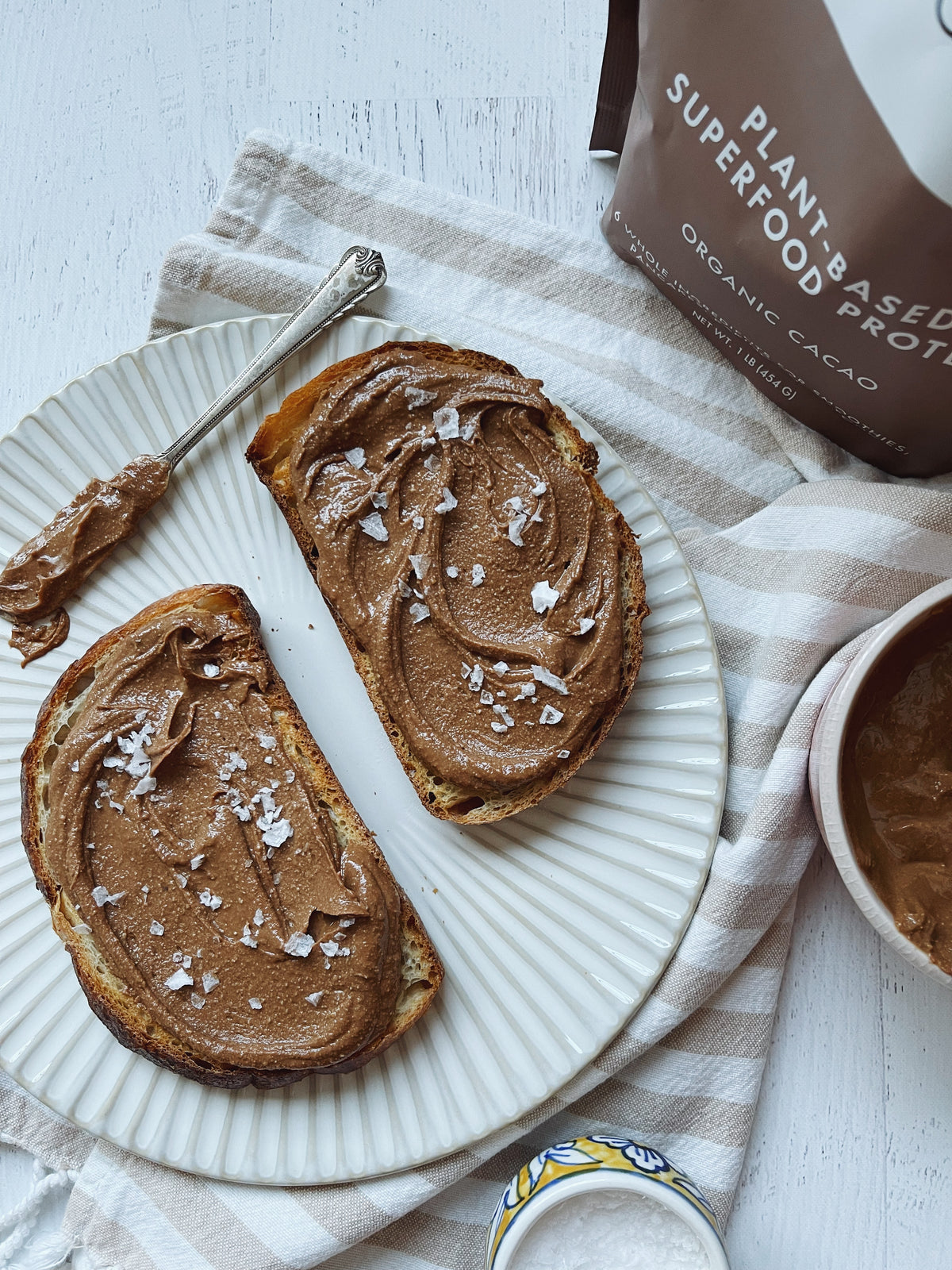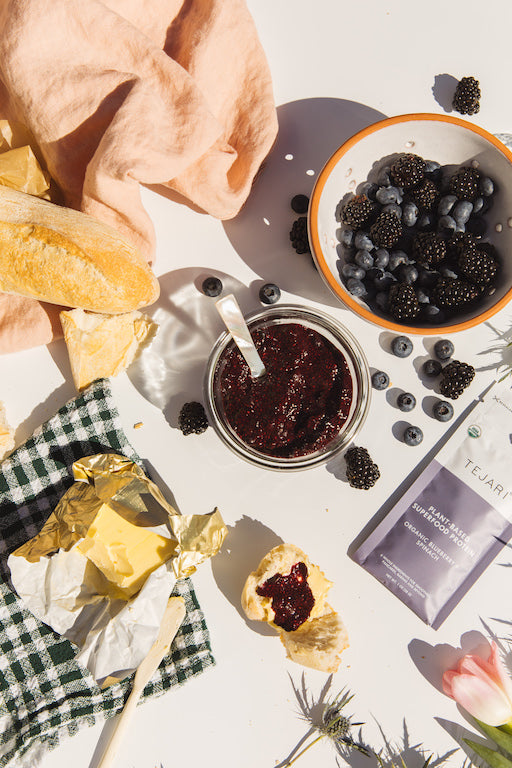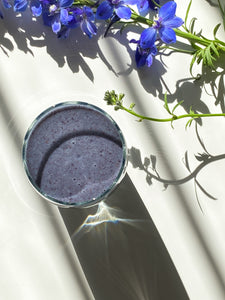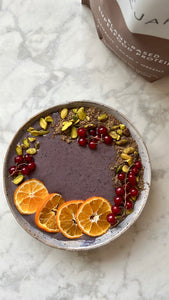As a Registered Dietitian Nutritionist (RDN) and Certified Lactation Consultant (CLC) with expertise in nutrition and education from Columbia University, Michelle specializes in working with expectant mothers, infants and children. She is an active member of the Academy of Nutrition & Dietetics and a member of the Pediatric Nutrition Dietetic Practice Group. We had the pleasure of chatting with Michelle about all things diet, nutrition and wellness-related.
Tell us about your career as a Registered Dietitian.
After graduating from the University of Michigan, I worked in finance for a few start-up companies. I came to realize that work was taking up so much time in my day (and my life) and I decided that I’d rather focus on a career that was more personal and allowed me to help others. When I started considering a new career path, I wanted to use my undergraduate education (based in psychology, sociology and economics) and combine it with my personal passion for cooking and food. I soon realized practicing nutrition therapy would be the perfect marriage of these two disciplines.
Dietetics as a second career
I went back to school to complete a long list of science prerequisites (little did I know, dietitians need to take the same ones as pre-med students!), and then applied to Columbia’s Masters in Nutrition & Education program at Teachers College (TC). I completed my graduate education and dietetic internship at TC and now work at a children’s hospital as a contractor while consulting for other companies and seeing my own clients privately.
Where do you live?
Last year I moved from New York City to Los Angeles, and I love it here! I also see clients virtually through online and phone appointments.
What are your top three nutrition tips to keep in mind for the upcoming fall season?
- Incorporate a variety of colored-foods in every meal.
- Go heavy on the spices—these are so underused (both for flavor and nutrition benefits).
- Stay hydrated with sugar-free beverages.
- Smoothies, of course. I am so excited for the vanilla flavor to come out—it’s a perfect complement to almost anything you can imagine.
- Baking. The blends are a convenient but healthy way to improve the nutritional content of baked goods or breakfast foods, like muffins and pancakes.
- Toppings. I like to top smoothies, baked goods, oatmeal and yogurt with Tejari. I also enjoy it as a coating for energy bites or homemade bars.
What’s one reason you’d recommend Tejari to a friend or client?
It’s a clean, organic blend with a boost of protein and superfoods. Plus, unlike many other protein powders, it has a bit of fiber, which I love.
What’s your favorite Tejari ingredient?
Hmmm, this is hard to say because the Tejari blends have a variety of ingredients and each serves a meaningful purpose. I love that the blueberry blend has spinach. Another favorite ingredient of mine is cinnamon, as it provides anti-inflammatory benefits, but also can also be used to offset the need for additional sugar.
What’s your favorite Tejari blend?
Blueberry or vanilla? I can’t decide! I love that these blends do not taste synthetic and that they are not too sweet. This is important for us to consider for ourselves and our health goals, but especially when it comes to what we feed our kids since their taste profiles are just starting to develop. In general, I find it’s important to avoid foods in our diet that are overly sweet, as these can heighten cravings for desserts and artificial sweeteners.
What would you like to see changed in the food industry?
Product transparency and putting people’s health first.
What’s one nutrition myth you’d like to bust ASAP?
That “carbs are bad.” Not only do we need carbohydrates, but they are an excellent source of vitamins, minerals and fiber. Carbohydrates are not bread or pasta, they are a broad classification used to define sugars that are found in grains, but also in fruit, vegetables, legumes and other foods. So when we think about carbohydrates, it’s important to remember that not all carbs are created equal, and that many carbohydrates are essential and healthy.
Have a question for Michelle? Leave us a comment below!

